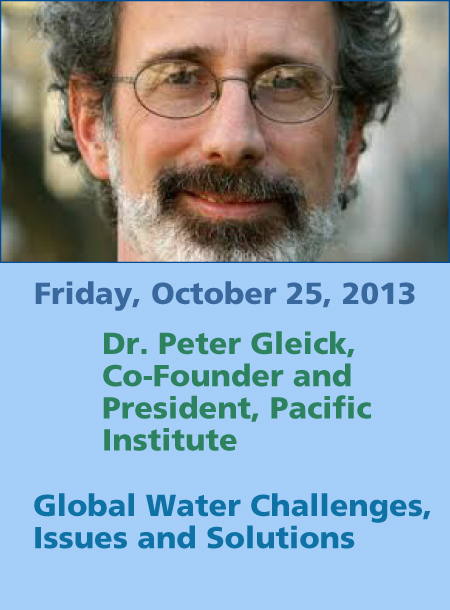
We’ve done a great job in this state at capturing, storing, moving, and using water. For many watersheds around the world, we are reaching, or exceeding, the point of “peak ecological water.”Ĭalifornia as a whole may not have quite reached peak water, but parts of California and some of our water systems are long past the point of peak water, in all three definitions of the term. As a result, species are driven to extinction, habitat is destroyed, water purification capabilities of marshes and wetlands are lost. We’re good at measuring the “benefits” of more human use of water (semiconductors manufactured, or food produced, or economic value generated), but we’re bad at measuring on an equal footing, the ecological “costs” or harm caused by that same use of water. Peak Ecological Water: The third definition, and perhaps the most important (and difficult) one, is peak “ecological” water - the point where any additional human uses cause more harm (economic, ecological, or social) than benefit. This cannot continue indefinitely - it runs into peak non-renewable water limits. So are groundwater aquifers in India, China, the Great Plains, and other places. Central Valley aquifers are overpumped, unsustainably, to the tune of 1-to-2 million acre-feet a year. This most typically takes the form of groundwater aquifers that we pump out faster than nature recharges them - exactly like the concept of “peak oil.” Over time, groundwater becomes depleted, more expensive to tap, or effectively exhausted. Peak Non-Renewable Water: While much of our water supply is renewable, there are “non-renewable” water sources as well, where our use of water depletes or degrades the source. The Nile Delta is typically dry much of the year. The Aral Sea has been devastated because the entire flows of the Amu and Syr Darya rivers have been consumed. The Yellow River in China no longer reaches the sea much of the year. Increasingly, we are reaching peak renewable limits on many of our rivers and streams.

In fact, of course, we probably shouldn’t even take as much as we do, for ecological reasons (see “Peak Ecological Water” below). Humans have already reached “peak renewable water” limits on the Colorado River. Water is renewable, but there is a limit to how much can be used. Gleick was elected an Academician of the International Water Academy, in Oslo, Norway (1999) and appointed to the Water Science and Technology Board of the National Academy of Sciences (2001).Peak Renewable Water: This is the limit reached when humans take the entire renewable flow of a river or stream for our use. He is the author of numerous articles and books, including The World's Water: The Biennial Report on Freshwater Resources (1998, 2000, 2002). In 1987, Gleick co-founded the Pacific Institute of Studies in Development, Environment, and Security in Oakland, California, and currently serves as president. (1986) from the University of California, Berkeley. By defragmenting the social, political, economic, and environmental considerations determining water resource development and allocation, Gleick has established a standard and a framework for water policy decisions today and in the future. Throughout, Gleick argues that access to sufficient quality and quantity of water is a basic right, an essential consideration at the core of local, national, and international fresh water policy. He regularly analyzes policy proposals and decisions, consistently addressing the current politics of water with its emphases on creating new water supplies (e.g., dam construction) over decreasing consumption and more efficient uses of existing resources. He maintains a project studying the role water has played, past and present, in shaping international conflict. He publishes The World’s Water, a biennial review of data critical to fresh water analyses. He and the Institute serve regularly as thoughtful and reliable sources for scientific analyses on policy issues related to water, water availability, water quality and water needs in the interest of global security, development and the environment.

Gleick is a founder of the Pacific Institute, a center for research and policy on water and climate change. Gleick brings to these considerations a synthetic approach, highlighting the interdependence of security, health, environment, and economic development and the place of water as critical nexus between and among these key sectors.

While water policy is typically considered in many contexts, each tends to be limited in scope: human consumption, ecological habitat, irrigation, power generation, etc. Peter Gleick is a conservation analyst and a leader in efforts to underscore the importance and finite nature of global fresh water resources.


 0 kommentar(er)
0 kommentar(er)
